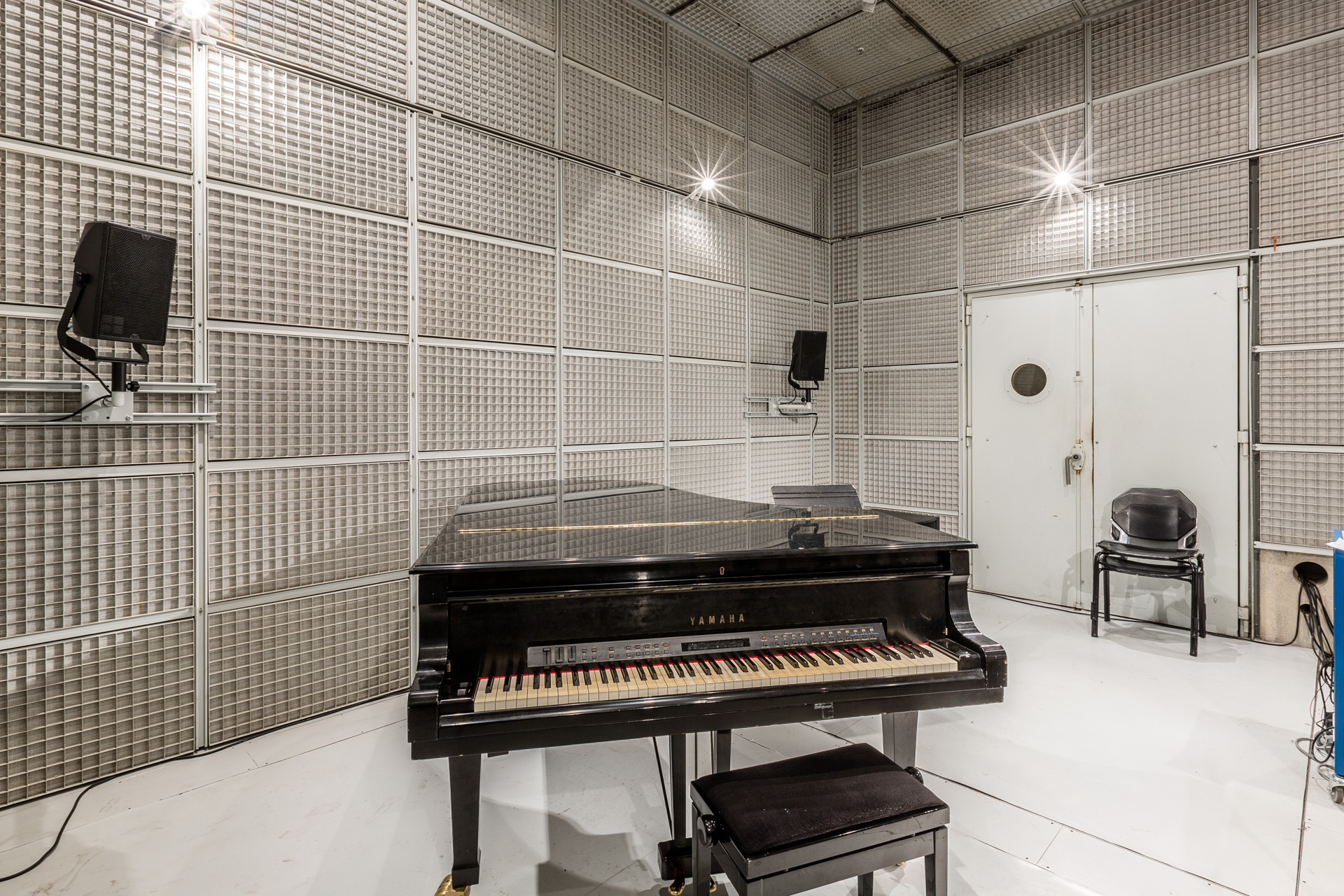Orchestral piano

DESCRIPTION
LOP is an automatic projective orchestration project. Given piano score, the objective is to be able to automatically generate an orchestration.
Our approach is to perform statistical inference on a corpus of midi files. This corpus contains piano scores and their orchestration by famous composers.
This objective might seem too ambitious : learning orchestration through the mere observation of scores ? Indeed, orchestation is known as the art of manipulating timbre, which is a quantity only partially described through sets of complex spectro-temporal descriptors. However, we believe that by observing the correlation between piano scores and corresponding orchestrations made by famous composers, we might be able to infer the spectral kwnoledge of composers.
The probabilistic models we investigate are neural networks with conditional and temporal structures.
The code of the project can be found at https://github.com/qsdfo/automatic_arrangement
